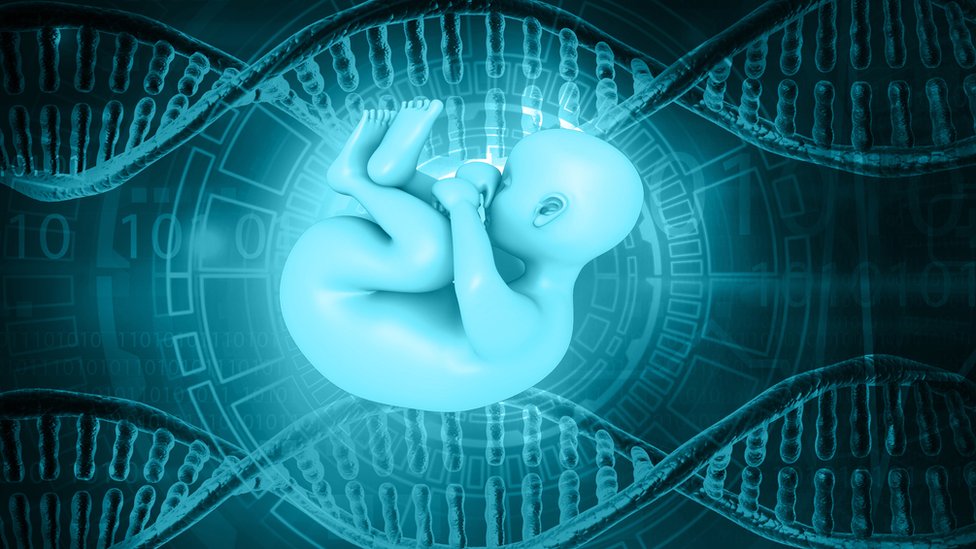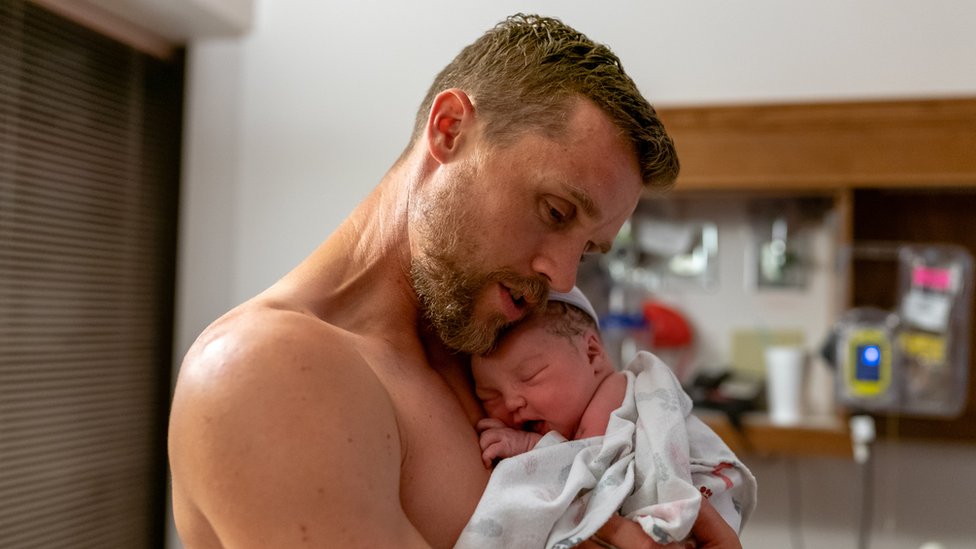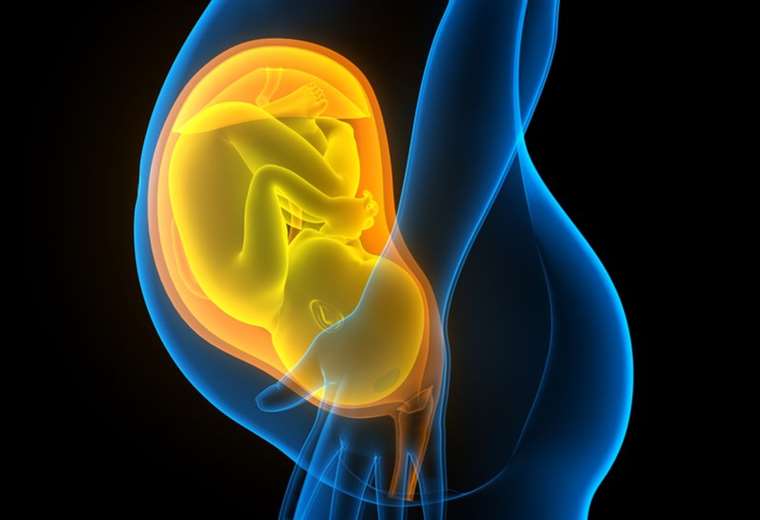December 11, 2022, 3:00 PM
December 11, 2022, 3:00 PM
Parties to receive the new baby, parties in anticipation of its arrival. There are many opportunities to celebrate the 40-week transition into motherhood and fatherhood.
Often these celebrations implicitly assume that pregnancy is cooperative and mutually beneficial for both the parents and the fetus. But this belief obscures a more interesting truth about pregnancy: the mother and fetus may not coexist peacefully in the same body.
At the most fundamental level, there is a conflict between the interests of the parents and those of the fetus. While this may sound like the beginning of a thriller, this genetic conflict is a normal part of pregnancy, leading to typical growth and development both during pregnancy and throughout an individual’s lifetime (something that in what my research focuses on).
However, while genetic conflict is normal, if left unchecked, it can play a role in pregnancy complications and developmental disorders.
Two models in conflict
Pregnancy is generally thought of as a period in which a new individual is created from a unified combination of the genes of its parents. But this is not entirely correct.
The genes that a fetus gets from each parent carry slightly different instructions for development. This means that there are contrasting and sometimes contradictory blueprints for how to build the new individual.

The conflict over what model to follow for fetal growth and development it is the essence of the genetic conflict that occurs during pregnancy.
Moms have to use their bodies to help the fetus grow during pregnancy while dads don’t. This means that the genes that the fetus inherits from the mother must not only nurture the current fetus, but also try to keep the mother alive and healthy and ensure resources are left over for a possible future pregnancy.
These reserves include biological resources such as glucose, protein, iron, and calcium, as well as the time and energy needed to support your children after birth as they grow and develop.
Daddy’s genes don’t have this same pressure because they don’t use their bodies to help the fetus grow during pregnancy. A parent’s genes, then, need not ensure that someone other than the current fetus thrives.
The milkshake example
To better understand this situation, imagine that all the resources that a mother can give her children come in the form of a milkshake. Once the milkshake is gone, mom has nothing left to give her children.
Maternal genes therefore want each child to drink only what they need to grow and develop. This ensures that the shake can be “shared” among all current and future children.

Paternal genes, on the other hand, have no such guarantee of representation in this mother’s other children: the father of the current child may not be the father of the mother’s potential future children.
This lack of guaranteed genetic representation means there is no pressure on the father to “share” the shake. So the best strategy when it comes to paternal genes is for the fetus to drink as much shake as it can.
These two strategies enter into a imaginative game of tug of war During pregnancy. Both sides are trying to push fetal development a little more to their side.
Paternal genes encourage the fetus to grow and develop rapidly and consume more resources, while maternal genes encourage the fetus to grow and use only what is necessary for proper development.
Conflict over how deeply the embryo implants in the uterus and how fast the placenta and fetus grow are just some of the areas in which researchers have documented this tug of war during pregnancy.
The shake problem helps researchers determine where to look for genetic conflicts by simplifying where trade-offs can take place during pregnancy.
fetal growth
Because fetal growth is at the center of genetic conflict, researchers have focused on processes in which conflict over resource transfers from mother to fetus can be observed.

These investigations have found that the placentaa fetal organ responsible for all resource transfers during pregnancy, is dominated by paternally expressed genes.
It releases paternally derived insulin-like growth factors that make the mother less sensitive to her own insulin and hormones that increase maternal blood pressure, which ultimately increase the amount of resources the fetus can use to grow during pregnancy. pregnancy but have the potential to harm the health of the mother.
Genetic conflict and pregnancy complications
If the genetic conflict is not controlled, it can cause pregnancy complications for the mother and developmental disorders for the child.
In fact, there is a growing consensus among researchers that some of the best-known pregnancy complications, such as preeclampsia, gestational diabetes, miscarriage, and preterm birthcan be better explained by an uncontrolled genetic conflict.
Despite the potential role that genetic conflict plays in pregnancy complications, current medical treatments are more reagents how proactive A pregnant woman must show signs of complications before medical interventions and treatments can be performed.
Knowing how uncontrolled genetic conflict contributes to pregnancy complications could provide researchers with another way to develop treatments that are proactive and, ideally, preventative.
However, currently there are no treatments for pregnancy complications that consider the genetic conflict.

Although gestational diabetes can be attributed to an underlying genetic conflict, a pregnant woman must have elevated blood sugar levels before doctors can treat the underlying conflict over insulin production and blood sugar.
The experiences of pregnant people during the covid-19 pandemic provide an example of why more research on genetic conflict is needed. During the pandemic, doctors saw both a dramatic decrease in the number of premature births and an increase in the number of stillbirths and miscarriages.
Both types of complications are influenced by genetic conflicts, but the reasons behind these opposing trends are unclear.
As a woman who was pregnant early in the pandemic, my pregnancy was scary and stressful, spent at home away from the pressures of “normal” life.
More research into the complex process of pregnancy and the role of genetic conflict in complications could help researchers better understand how changes brought about by the pandemic produced such different pregnancy outcomes.
*Jessica D. Ayers is Professor of Psychological Sciences at Boise State University, United States.
Remember that you can receive notifications from BBC News World. Download the latest version of our app and activate them so you don’t miss out on our best content.


















